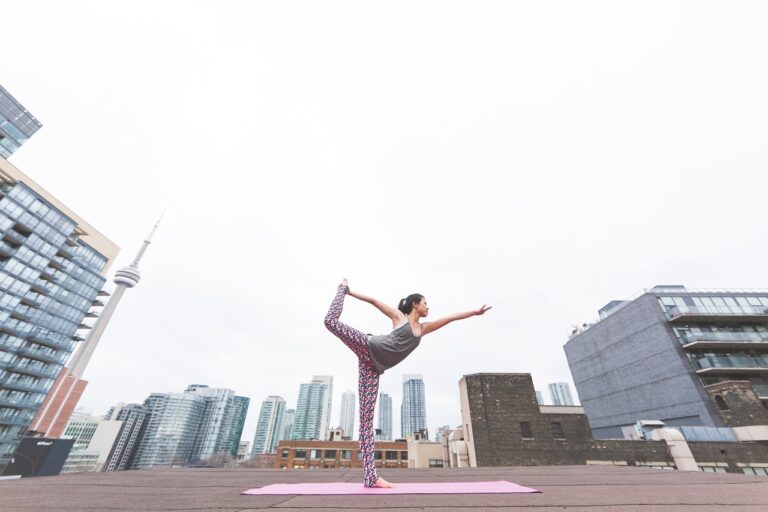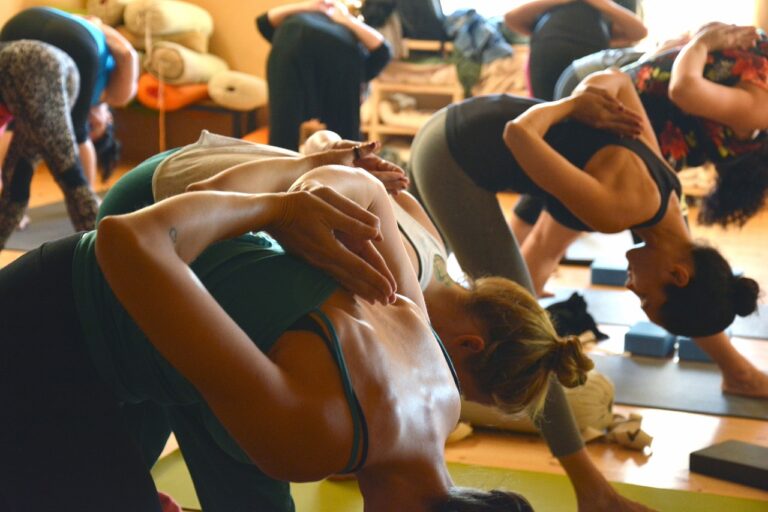The Role of Equine-Assisted Activities in Addiction Recovery
Equine-assisted activities have shown tremendous promise in aiding individuals through addiction recovery. The unique bond formed between humans and horses can provide a sense of companionship and trust that is invaluable in the journey towards sobriety. Interacting with these majestic animals can offer individuals a sense of responsibility and purpose, promoting feelings of self-worth and accomplishment.
Additionally, engaging in equine-assisted activities can help individuals in addiction recovery to develop essential life skills such as effective communication, emotional regulation, and boundaries. Horses have a remarkable ability to reflect human emotions and respond accordingly, allowing participants to gain insights into their own behaviors and thought patterns. This experiential learning can be a powerful tool in self-discovery and personal growth, enabling individuals to make positive changes in their lives.
How Equine-Assisted Activities Can Improve Mental Health
Engaging in equine-assisted activities can have a profound impact on mental health. The presence of horses in therapy sessions can provide a sense of calm and tranquility, helping individuals to feel more at ease and less stressed. Interacting with these gentle giants can also promote feelings of joy and happiness, fostering a positive emotional state.
Furthermore, the non-verbal nature of interaction with horses can be particularly beneficial for those struggling with communication issues or emotional expression. Horses are incredibly perceptive animals, able to pick up on subtle cues and emotions. This can help individuals become more aware of their own feelings and behaviors, leading to increased self-awareness and emotional regulation.
• Equine-assisted activities can provide a sense of calm and tranquility
• Interacting with horses can promote feelings of joy and happiness
• Non-verbal interaction with horses can be beneficial for those struggling with communication issues
• Horses are perceptive animals, helping individuals become more aware of their own feelings
The Physical Benefits of Engaging in Equine-Assisted Activities
Engaging in equine-assisted activities can significantly improve physical well-being. The act of riding a horse requires balance, coordination, and core strength, which all contribute to enhancing one’s overall physical fitness. Additionally, grooming and caring for horses involves physical tasks such as lifting hay bales, cleaning stables, and leading the horse, promoting muscle strength and endurance.
Moreover, being around horses can have a calming effect on individuals, reducing stress levels and promoting relaxation. This can have a positive impact on physical health as lower stress levels are associated with improved immune function, better cardiovascular health, and overall well-being. In essence, the physical benefits of engaging in equine-assisted activities extend beyond just the physical aspect, encompassing mental and emotional health as well.
How can equine-assisted activities benefit individuals in addiction recovery?
Engaging in equine-assisted activities can provide individuals in addiction recovery with a sense of purpose, responsibility, and connection with the horses, which can help in their healing process.
Can equine-assisted activities improve mental health?
Yes, equine-assisted activities have been shown to improve mental health by reducing stress, anxiety, and depression, as well as increasing self-esteem and confidence.
What physical benefits can be gained from engaging in equine-assisted activities?
Engaging in equine-assisted activities can improve physical fitness, coordination, balance, and muscle strength through activities such as grooming, walking, and riding the horses.
Are equine-assisted activities suitable for individuals of all ages?
Yes, equine-assisted activities can be beneficial for individuals of all ages, from children to the elderly, as long as they are able to safely interact with and care for the horses.
How often should one participate in equine-assisted activities to see the physical benefits?
The frequency of participation in equine-assisted activities may vary depending on individual goals and needs, but regular sessions, such as once or twice a week, can help individuals experience the physical benefits over time.







